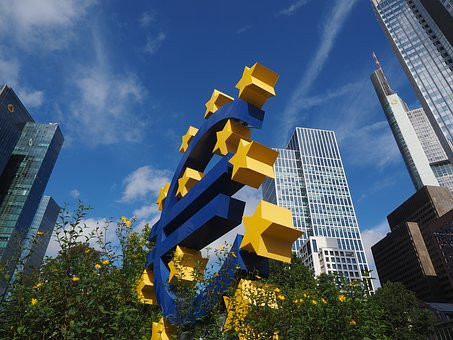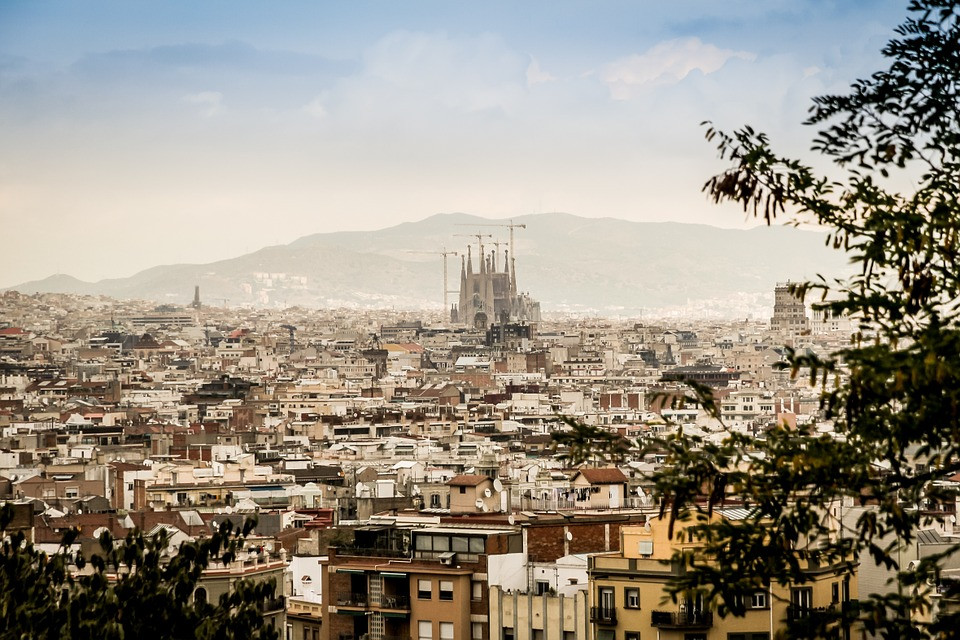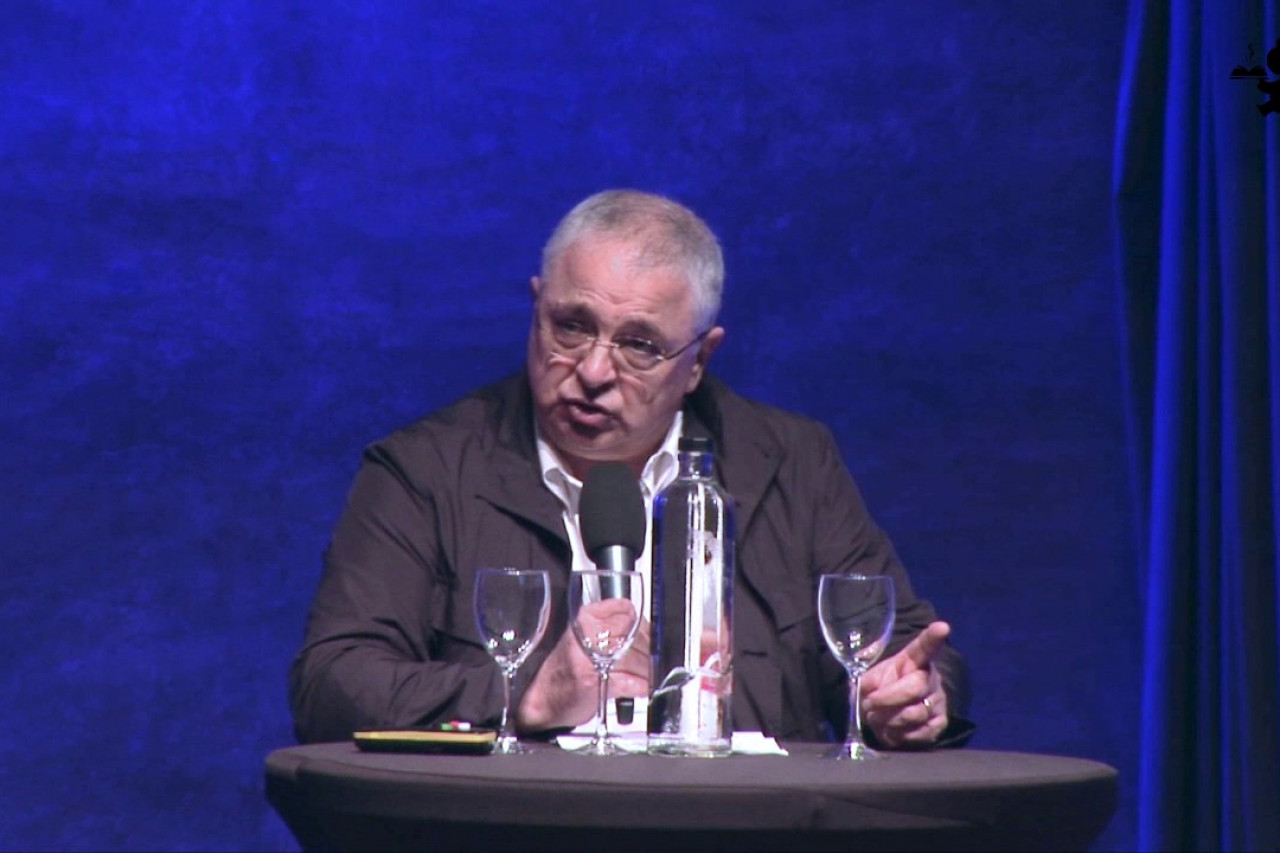We pose the question that the Catalonian independence movement conceals protectionist interests. This does not only affect Catalonia. The liberalisation of the Spanish economy, associated with the incorporation into the European project, leads to the false impression that restrictions on competition have been practically eradicated. However, not only the old restrictive practices of competition survive, but also new ones have been generated, linked mainly to the regional and local spheres. This false impression is also fuelled by the dominant conception of competition that identifies it with the adjustment of short-term prices.
Competition, as can be seen in any sporting competition, requires rules of the game (regulation), bodies that ensure compliance (referees, competition committees) and consequently a permanent innovative attitude (training, definition of tactics and strategies, research and other active competition policies).
The identification of competition with the adjustment of short-term prices leads to postulate deregulation, which paradoxically leads and legitimizes the oligopolistic or monopolistic domination of the markets.
Competition, on the other hand, requires rules of the game in each of the markets. As Professor Julio Segura pointed out at the time, "it is obvious that it can be badly regulated, but it is also difficult to imagine a regulation so defective that is worse than no intervention at all" ("Changes in the defence policy of the competition and industrial policy ", Ekonomiaz, Nº 21, 1991). We also have to specify that regulation does not necessarily mean state intervention, although state protection is required to ensure compliance.
THERE ARE MANY NON-COMPETITIVE MARKETS
Not only Catalonia. Neither is the Catalonian secessionist attempt the only major problem in Spain, nor the interests behind this attempt are exclusive to Catalonia. A little over two years ago, In this blog (http://entreparentesis.org/blog/581-mas-alla-de-cataluna), I warned about what was at stake in the impending Catalonian Regional (Autonomous Community) elections. Unfortunately, the passage of time has proved me right.
Above all, the Catalonian independence movement responds to the fact that a large part of the Catalonian bourgeoisie wants to have even more room to manoeuvre to protect its interests without having to be accountable to higher instances of the Spanish State.
This is what we have been calling for since the attempt to liberalise the Spanish economy in the 19th century, becoming the main standard bearers of protectionism. It is clear that the problem was not limited to Catalonia, but that Spain, like most of Europe, ended up falling into a protectionist-nationalist spiral. On top of this, there is the daydreaming of many affected by the crisis who in nationalism see the solution to all their ills, ignoring that they would be even more aggravated.
Spain is characterized by having many non-competitive markets. This explains the deficiencies of the production system. The generalised and repeated lament about the paucity of investment in innovation (Research + Technological Development), and the weakness of a good part of the small and medium Spanish companies, is of little or no practical importance.
By not addressing the factors that actually restrict competition, it is impossible to make progress in these aspects. Nobody innovates if there is no competition (on the concept of competition, see JI Palacio: "Productive structure, competence and innovation" in Science and Innovation Reflections in a crisis scenario (Alicia Durán, coord.), Cataract Books Publishers, Foundation 1s of May, School of Industrial Organization, Madrid, 2011, pages 23 to 72 and "Growth and the productive model: competition vs. price adjustment", Gaceta Sindical no. 28, June 2017, pages 43 to 64). When they asked Hicks, Nobel Prize in Economics, what monopoly is, he answered "the quiet life".
In addition, political institutions suffer from lack of transparency and credibility, and there is little social structure. There are significant imbalances and tensions in these three areas: the economic (market), the political-legal (State) and the social coexistence (civil society). We limit ourselves here to the economic sphere, which is not the most significant, although sometimes it seems so, and it is not independent from political decisions and social attitudes, although such connections are often denied.
The European Union presupposes economic liberalisation. The frontiers of tariffs and subsidies to trade between the countries of the Union disappear. Common rules in the operation of the markets are established.
Relations with third-party countries outside the European Union, also have a common framework. Spain has adapted to this in a short time and has achieved significant economic growth that has meant an improvement in the standard of living of the entire population.
THERE ARE STILL MANY RULES THAT SEGMENT MARKETS
The external opening of the Spanish economy has led to think that markets have become quite competitive. However, not only in Spain but throughout Europe, there are still numerous rules, practices and obstacles that segment markets and protect them from competition. The municipalities and Autonomous Regions have their own regulatory margin, but above all, implementing the rules, which generate local monopolies or oligopolies.
It is difficult to grant licenses when the works are not going to be carried out by companies that are "friends" of the managers of the corresponding Administration.
Rules are established which restrict bidding to companies of local or regional scope. Tasks to be done are fragmented to avoid triggering the need to have a public tender. The public sector itself, in designing the structure of infrastructures and services of a universal nature, such as health and education, does so based on spurious interests that make them inefficient and make it difficult to coordinate with agents from other municipalities and Autonomous Regions.
The Catalonian independence attempt does not respond as much to wanting more money ("Spain steals from us"), as Catalonian public institutions wanting to do what they want with public money, without having to be accountable to the higher instances of the Spanish State. The Catalonian nationalist bourgeoisie continues to yearn for protectionism. There are numerous texts from the late nineteenth and early twentieth centuries that present that the roots of the nationalist thought of the Catalonian bourgeoisie have deep roots in time. By the way, in some Basque texts of the time, there is already clear support for Catalonian protectionist-nationalist positions, which is not surprising.
A so-called "Left" has also justified nationalism as if it were the solution to all evils.
From academia and trade unions, it has been argued that the independence of Catalonia was the only solution for the evils of the crisis and that Accordingly, any progressive person should support it as a first step for a policy change in the rest of Spain and Europe (http://www.sinpermiso.info/textos/razones-para-que-la-izquierda-apoye-la-independencia-de-cataluña and http://www.sinpermiso.info/textos/de-nuevo-sobre- the-left-before-the-possible-secesin-de-catalua). Few of the academic, political or social entourage close to those who defended this position have countered those arguments. Only recently have voices appeared in that sense (https://elpais.com/elpais/2017/11/07/opinion/1510069357_100353.html and https://elpais.com/elpais/2017/11/02/opinion/1509652112_797743.html). Most of the Left and the Catalonian intelligentsia in the first place, but also more generally, have supported, actively or passively, this kind of arguments.
REMOVING OBSTACLES TO COMPETITION
As is being said, the crisis has weakened the middle classes. This is why at this juncture the spokesmen of the independence movement have been proposing for some time that this is the time to impose independence, now or never. On one hand, from supposedly left-wing arguments, the independence movement is encouraged among part of the lower classes to which are added young unemployed or those in precarious jobs. On the other hand, a significant part of the upper classes, whose strongest core is a bourgeoisie who longs for protectionism and sees it as a solution to the problems they have also suffered, perceive a lifeline in the independence movement.
Even the "precarious" see that nobody has formulated any alternative that makes them improve their present situation and give them a glimpse of a less black future; nor does the Catalonian bourgeoisie see clearly that there are alternatives that resolves their problems and expectations. This is why we all have, to some extent, a responsibility, whether actively or passively, in not having contributed to the fullest extent of our capabilities and possibilities to generate viable alternatives, which in most issues have to have a European dimension.
The European construction requires national policies that eliminate obstacles to competition that go far beyond the simple liberalisation of foreign trade. We need to avoid practices that restrict competition at regional and local levels. These practices are sometimes covered by a status quo and workings that are clearly illegal (corruption), but which are often not detected or reported. On other occasions, it is about paralegal actions or customs accepted as good that conceal privileges and self-serving favours.
In the background lies a weakening of the countries that remain in a kind of no man's land between supra-national and infra-national institutions.
The "more Europe" requires countries to strengthen European policies instead of curbing them by their passivity in response to practices that erode European cohesion from regional and local levels. Corrupt practices are concealed under the slogan of closeness and democracy, which favour only a few but end up harming everyone in the medium and long term. I have heard some mayors justify their tribal chieftain actions saying that what they are trying to do is to sustain local employment.
Also there is an underlying culture, which although contradictory to what it may seem (there is no culture if it does not have a social character) is individualistic. This means that each one of us is claiming more and more for themselves (my family, my people, my community) at the same time as they feels progressively less responsible in the construction of that "common" (family, town, community, nation, Europe, and so on)..) to the one requesting solutions. From "what about mine" you could answer "who are you asking". "This place and this country is a disaster" Have we not realized that we are part of the place and the country?
DARWIN IS GOING TO BE PROVED RIGHT
I turn to literature to close this reflection with ironic humour and poetic hope.
The eminent writer Joseph Roth, along with Stefan Zweig and Sandor Márai among others, who narrate the vicissitudes that were unleashed after the fall of the Austro-Hungarian Empire and that dreamed of a diverse but united Europe, puts these words in the mouth of one of the personalities of their novel "The bust of the Emperor":
"Listen to what I tell you, Solomon! that disgusting Darwin who says that man comes from the monkey is going to turn out to be right. Men are no longer enough to be divided into peoples, no!, they want to belong to different nations. National... Can you hear me, Solomon? Not even monkeys would think of such an idea. All in all, Darwin's theory still seems incomplete. Maybe it is monkeys that come from the nationalists, because the monkeys represent progress. Those of you who know the Bible, Solomon, you will know that in it is written that on the sixth day God created man, not the national man. Is not that so, Solomon? " (Joseph Roth, The Bust of the Emperor, Barcelona, Ed. Acantilado, 2005, Page 21).
And the Spanish writer Gloria Fuertes bequeathed us this poem: "The air, pure air does not like to make flags wave. All flags smell of projectiles, of wounds. All the flags smell like young men's blood. Pure air reluctantly waves them until, using all of the flags from all of the countries, it make a gigantically long, multicoloured rope, then the hurricane will turn into a soft zephyr that will caress the only flag of the happy world".











